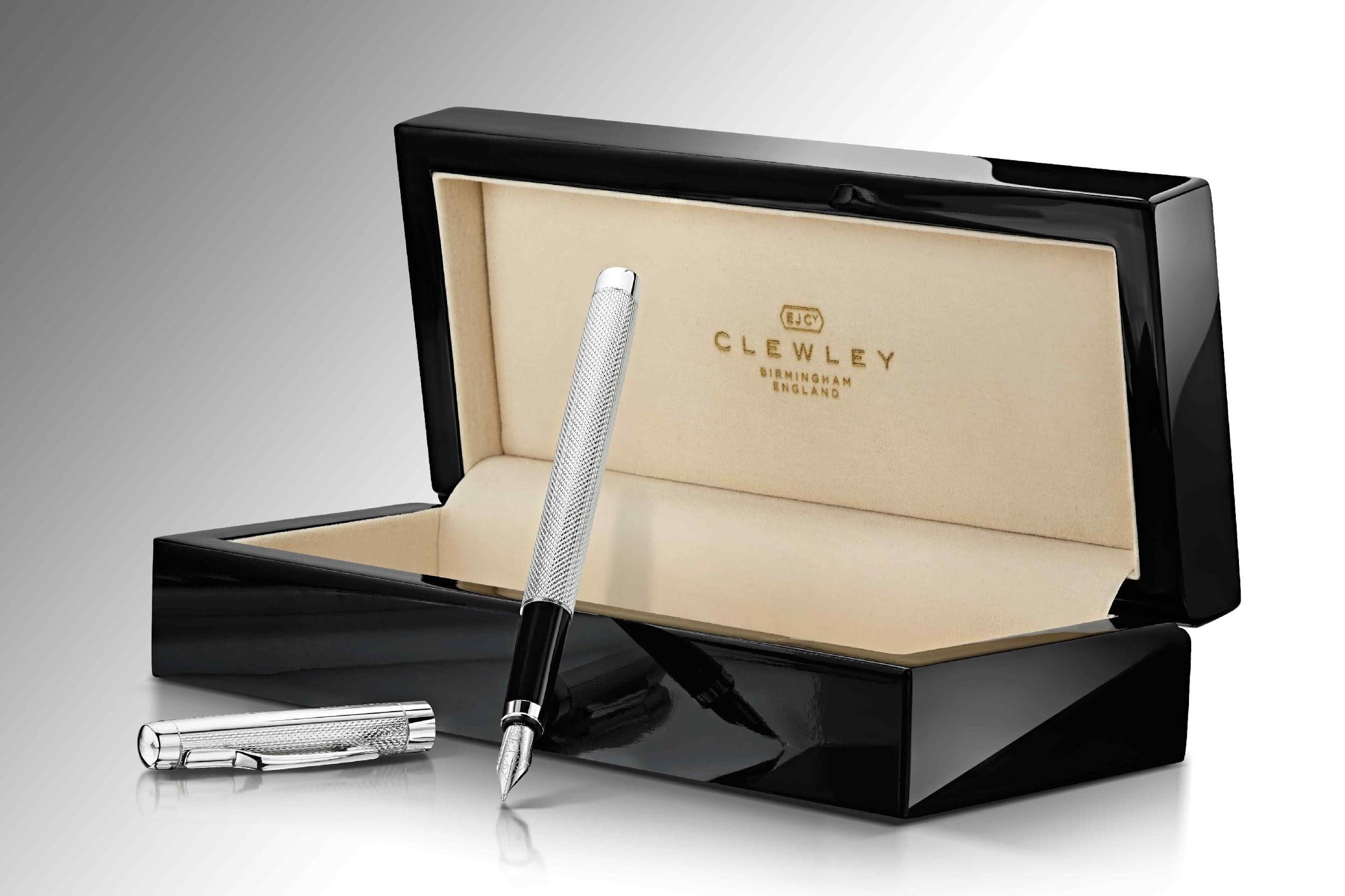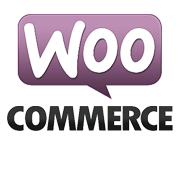Starting A Personalized Gift Retailer Online and Growing to $30k/month
Hello! Who are you and what are you working on?
I’m Elliot Bishton, the founder of Engravers Guild of London, an online personalised gift retailer. We describe ourselves as curators and finishers of beautiful gifts, such as engraved hip flasks, silver cufflinks, jewellery and fragrances.
We started just over a year ago with a collection of only seven pairs of cufflinks, and now have more than 200 lines with a view to expand further. From turning over about $3,000 per month 18 months ago, we’ve now been clearing the $30,000 per month mark.

What's your backstory and how did you come up with the idea?
I come from a long line of manufacturers in Birmingham, England. The city used to be the biggest centre of jewellery production in the world, and my family has been...























